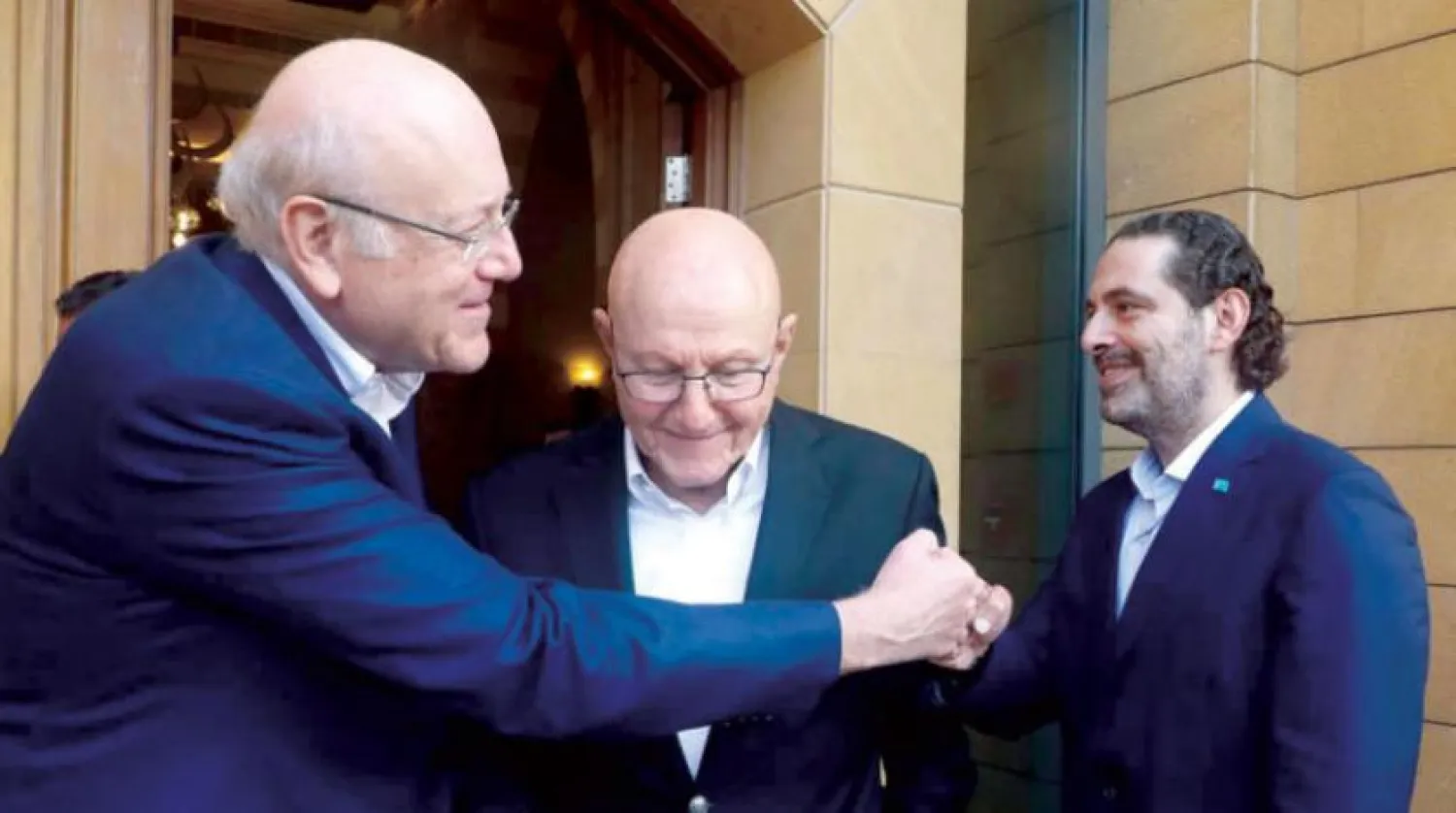Binding parliamentary consultations to designate a new prime minister to form a government kick off in Lebanon on Monday some two weeks after Saad al-Hariri quit the task nine months after his appointment.
Hariri stepped down from the job due to persistent disputes with President Michel Aoun.
Former PM Najib Mikati appears to be the only candidate to form a new cabinet after the Free Patriotic Movement, which was founded by Aoun and now headed by his son-in-law Gebran Bassil, retracted its naming of former ambassador Nawwaf Salam. Significantly, the FPM also did not retract its objection to Mikati’s designation.
The consultations will kick off with a meeting between Aoun and parliament Speaker Nabih Berri at the presidential palace in Baabda. Parliamentary blocs will then meet with the president to name their candidate.
Leading up to the consultations, it appears that the largest Christian blocs – the FPM and Lebanese Forces – will not nominate Mikati.
As it stands, he is likely to garner the votes of Sunni figures, as well as the Shiite Hezbollah. The Iran-backed party had notable abstained from naming Hariri last year.
Berri told Asharq Al-Awsat that the conditions ahead of the consultations appear positive and Mikati is the likeliest figure to be nominated.
Moreover, he said the failure of the FPM and LF from voting in favor of Mikati will not render his designation “unconstitutional from a sectarian perspective”.
Such constitutional conditions do not apply in the designation of a prime minister, rather they figure in the actual government formation process, he explained.
Berri speculated that some 20 Christian MPs who are not affiliated with the FPM and LF will name Mikati to form a cabinet.
Former prime ministers Mikati, Fouad Siniora, Hariri and Tammam Salam had met at Hariri’s residence on Sunday to name Mikati as their preferred candidate.
The Progressive Socialist Party headed by former MP Walid Jumblatt had also met on Sunday and agreed to designate Mikati.









